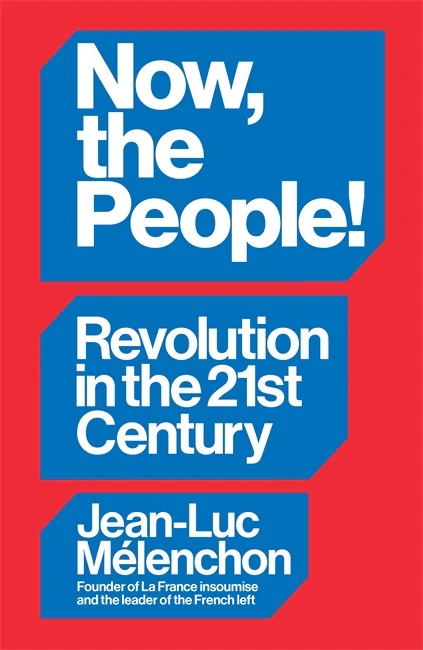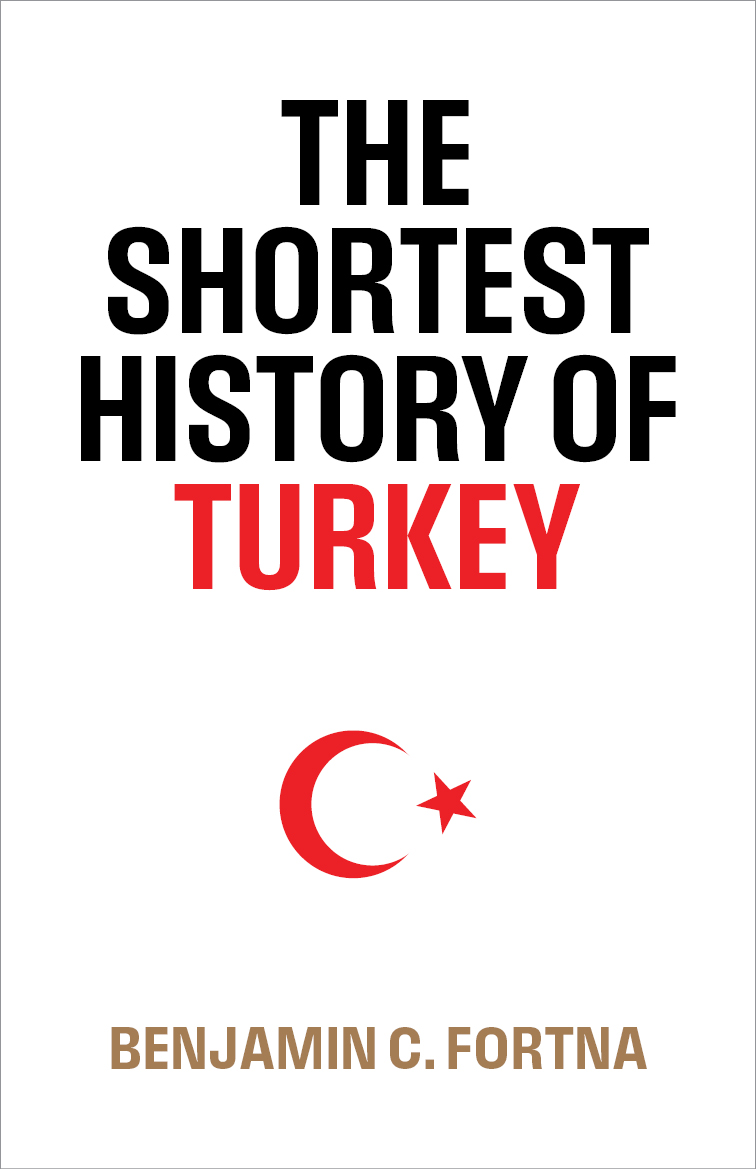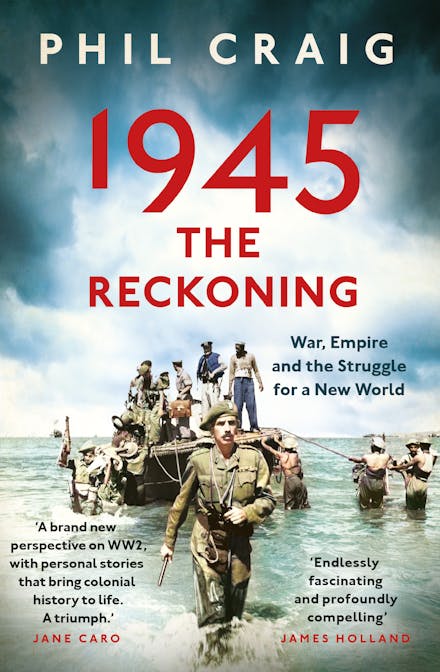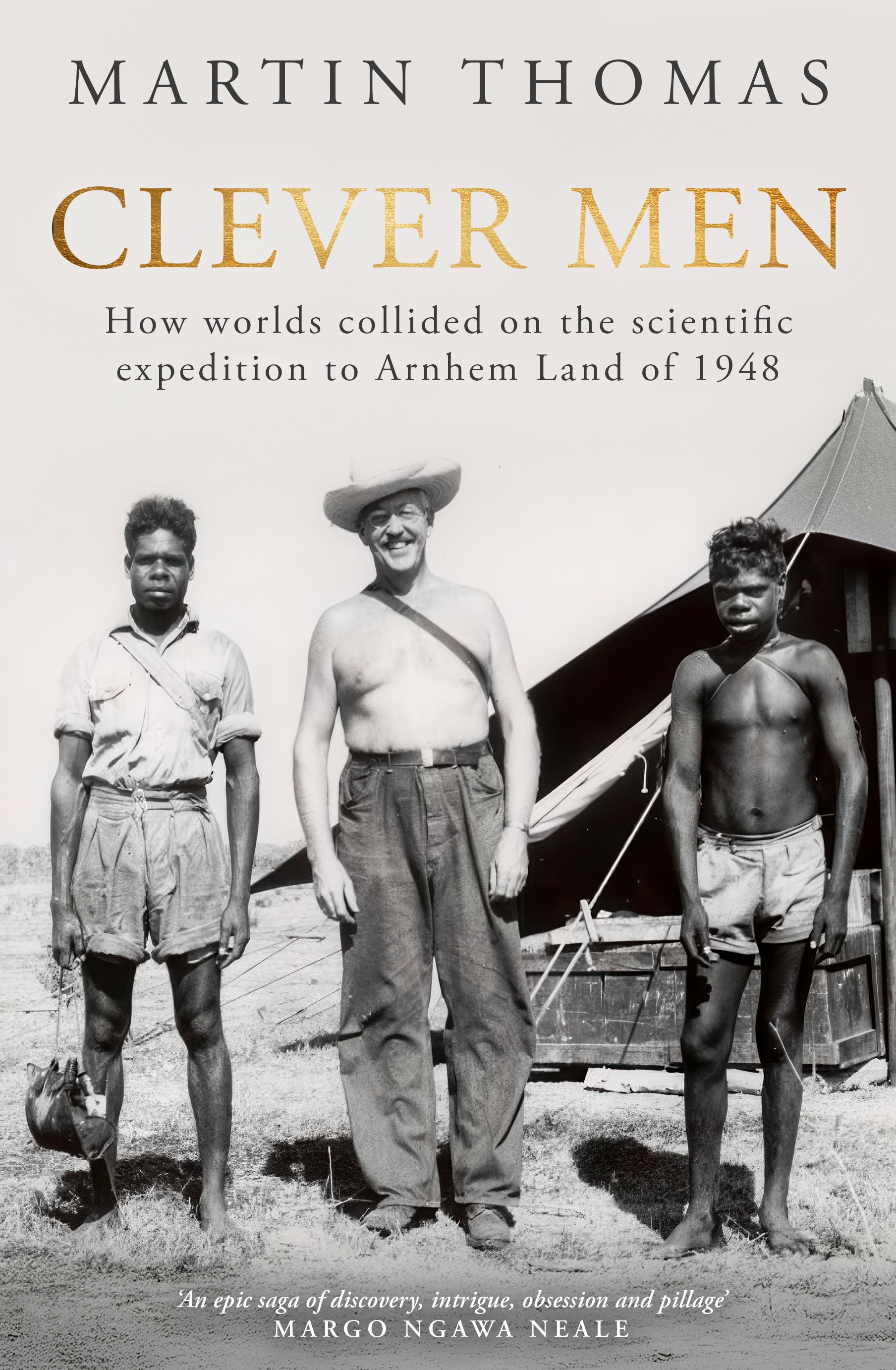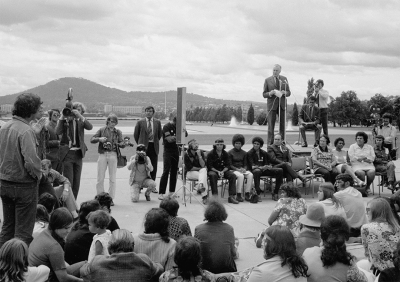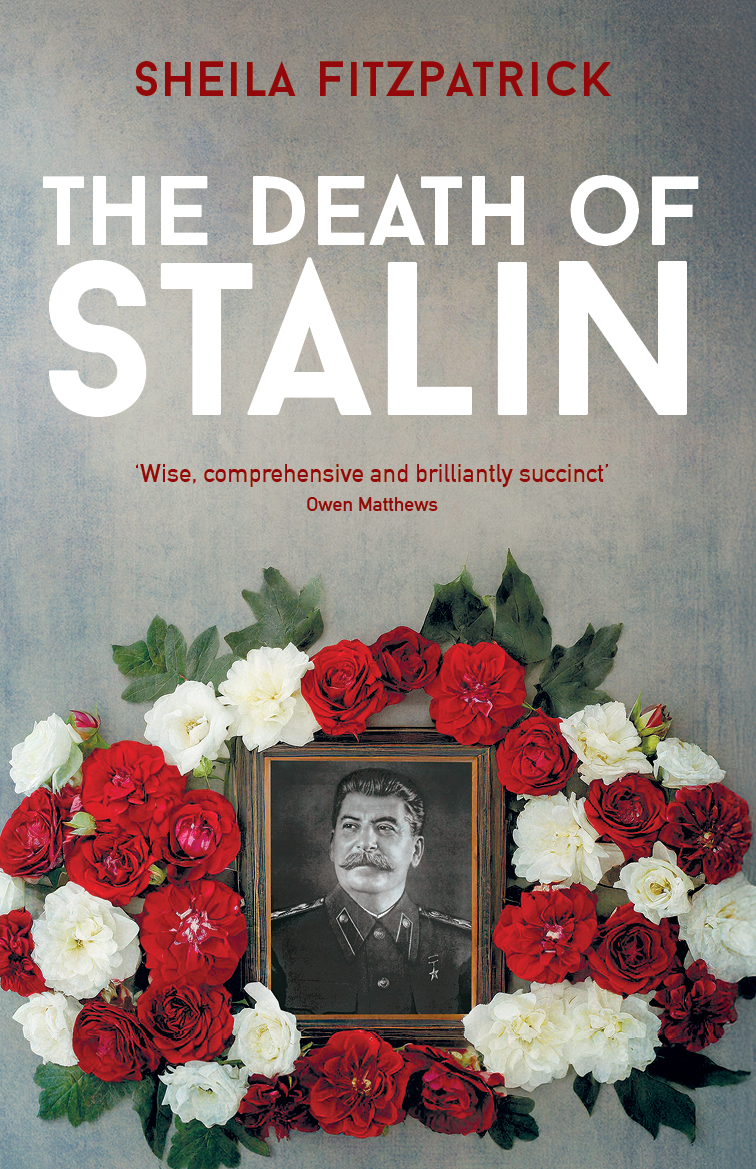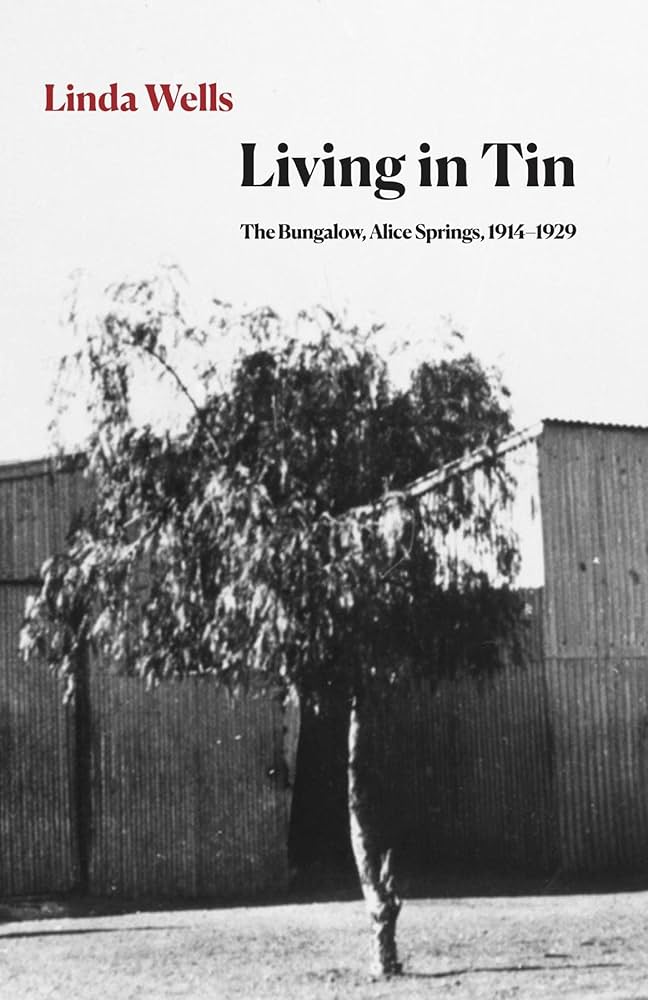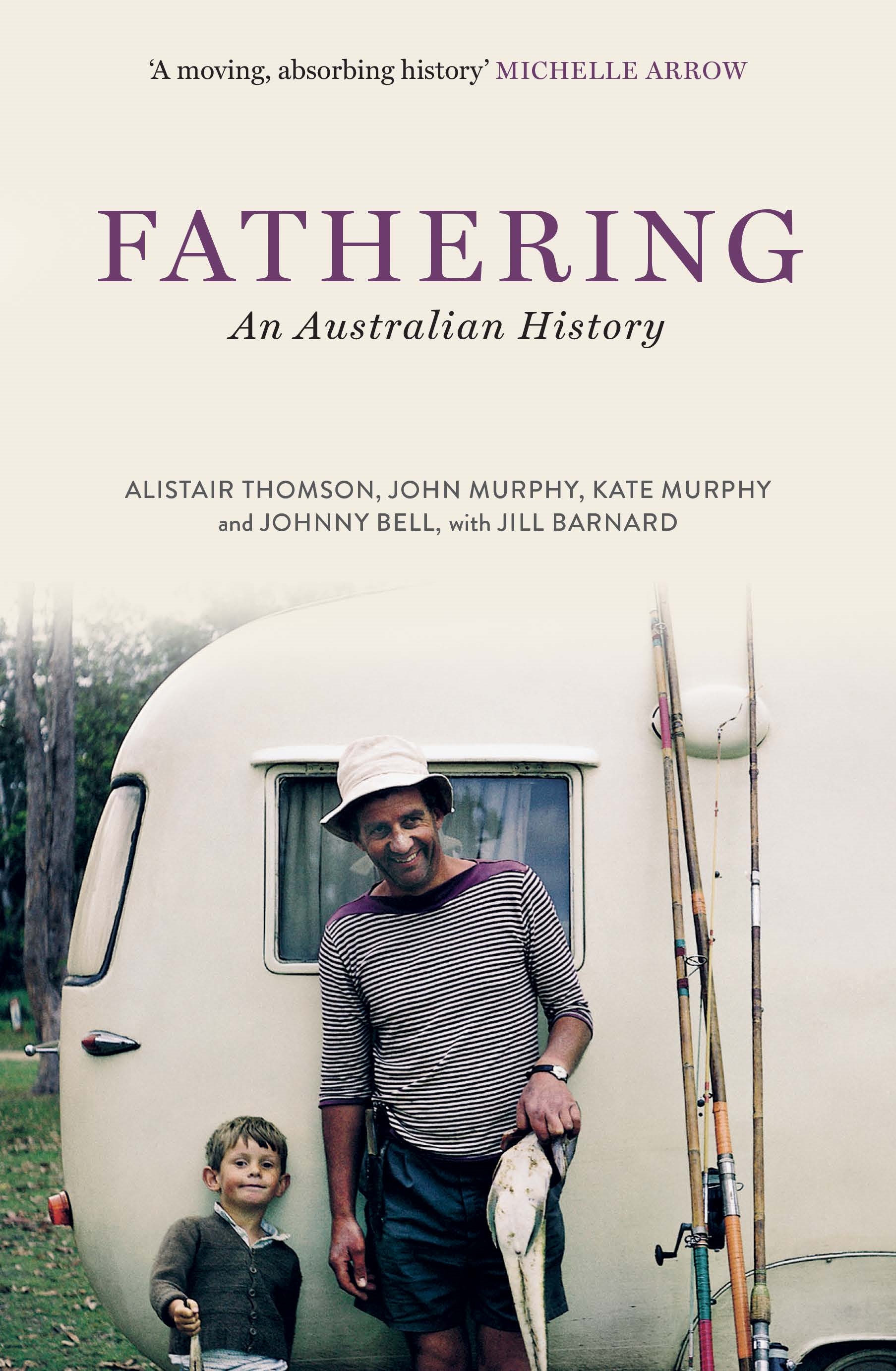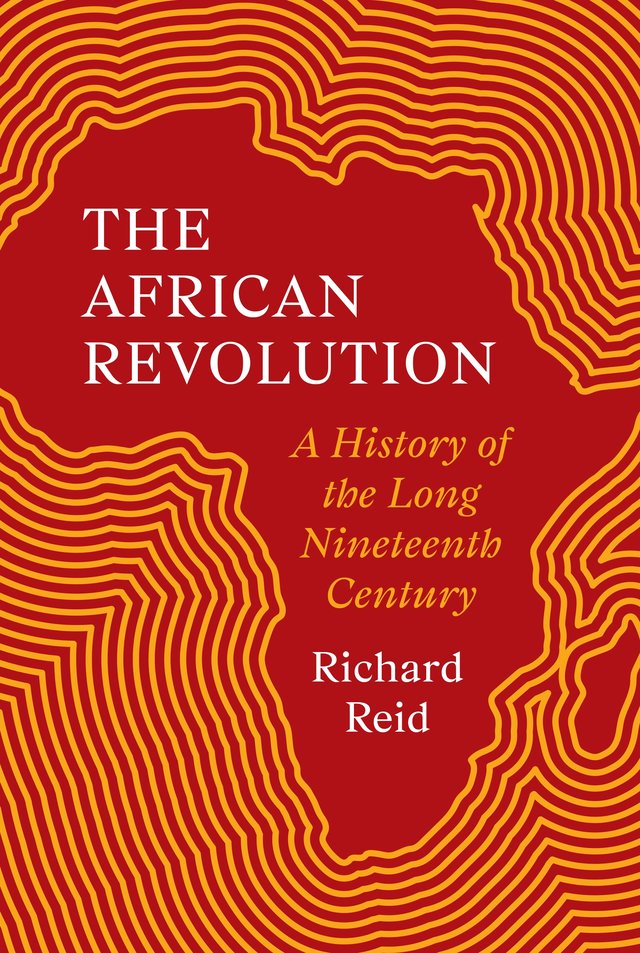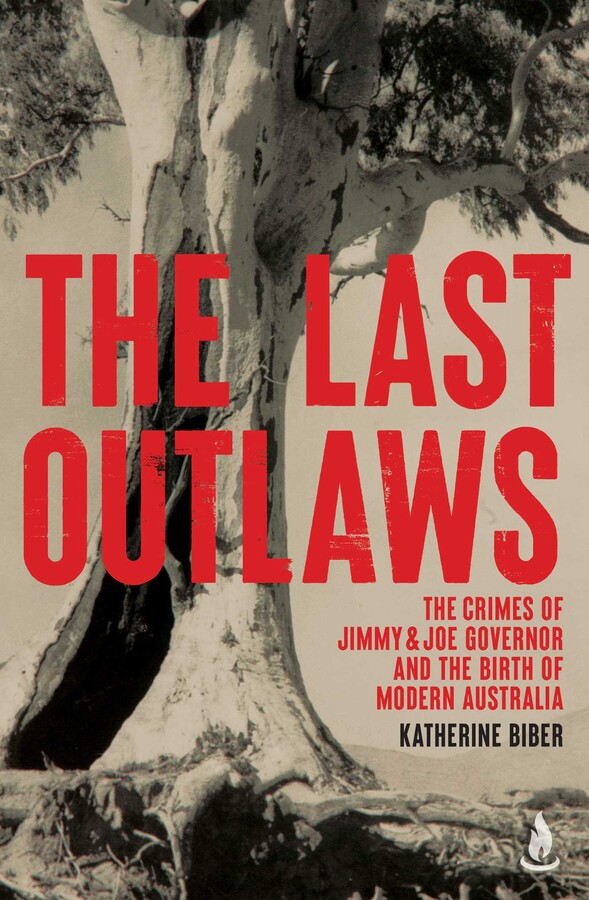History
Now, the People!: Revolution in the twenty-first century by Jean-Luc Mélenchon, translated from French by David Broder
Jean-Luc Mélenchon is famous in France for his booming eloquence, his rich vocabulary, and his deep knowledge of history and politics. The firebrand orator was born in 1951 in Tangier, Morocco, to parents of Spanish and Sicilian descent, then moved to France with his mother in 1962. After a degree in philosophy and languages he was a schoolteacher before becoming a political organiser and elected politician, notably from inner-city Marseille.
... (read more)Can a ‘shortest history’ of Turkey, including the expansive history of the Ottoman Empire, work? As well as covering imperial grandeur, it must address complex and sensitive issues such as the Kurdish conflict, the Armenian genocide, Islamism, slavery, and autocracy. Benjamin C. Fortna, a Middle Eastern historian, successfully combines sympathy and interest in Turkey with a candid examination, including of darker aspects of its past.
... (read more)1945: The Reckoning: War, empire and the struggle for a new world by Phil Craig
A wise scholar once advised me against using absolutes in historical writing. The first reason is functional. When you resort to words such as ‘everyone’, ‘everything’, and ‘nobody’, you invite trouble; most of the time you can find an exception. The second reason is more important. The use of such words can betray an approach that packages the messy past too neatly, where there is little room for nuance and even less for uncertainty. Confidence doesn’t necessarily produce the best results.
... (read more)Clever Men: How worlds collided on the scientific expedition to Arnhem Land of 1948 by Martin Thomas
Soon after the conclusion of the 1948 Arnhem Land expedition, its leader, Charles Pearcy Mountford, an ethnologist and filmmaker, was celebrated by the National Geographic Society, a key sponsor of the expedition, along with the Smithsonian Institution in Washington DC and the Commonwealth Department of Information. In presenting Mountford with the Franklin L. Burr Prize and praising his ‘outstanding leadership’, the Society effectively honoured his success in presenting himself as the leader of a team of scientists working together in pursuit of new frontiers of knowledge. But this presentation is best read as theatre. The expedition’s scientific achievements were middling at best and, behind the scenes, the turmoil and disagreement that had characterised the expedition continued to rage.
... (read more)On the steps of Federal Parliament, a scrum assembled. Reporters jostled for position, enraged members of the public shouted over one another, advisers stood with faces drained of composure – even a comedian was caught in the fray. At the centre stood the tall and imposing figure of Prime Minister Gough Whitlam, listening as the governor-general’s official secretary read the proclamation dissolving Parliament. The moment, instantly mythic, would be remembered as ‘the dismissal’ – the most audacious constitutional rupture in Australian history, one that continues to haunt democratic life half a century on.
... (read more)In the quick-scroll world of soundbites and ‘shorts’, academic professionals must pack their expertise into a concise form, writing ever shorter narratives. Sheila Fitzpatrick, an eminent Australian scholar of everything Soviet, delivers in shorthand. Her little book focuses on a single aspect of one person’s life with Joseph Stalin’s death.
... (read more)Living in Tin: The Bungalow, Alice Springs, 1914-1929 by Linda Wells
The ‘bungalow’ of Living in Tin’s subtitle was a rough tin shed, erected in Mpwartne (Alice Springs) in 1914 to house Aboriginal children of mixed descent. Described by one observer as ‘a place of squalid horror’, it was managed first by Arabana woman Topsy Smith, and then placed under the supervision of a white matron, Ida Standley. The two women ran the Bungalow until 1929 but the institution survived until 1942. At least one hundred children were housed in the Bungalow over its lifetime, sleeping on the dirt floor of one room with no doors or windows, provided with meagre rations and only the most basic education.
... (read more)Fathering: An Australian history by Alistair Thomson, John Murphy, Kate Murphy, and Jonny Bell, with Jill Barnard
We have had histories of Australian motherhood for decades. Fathers feature – sometimes as villains – in some of our best loved fiction: D’Arcy Niland’s The Shiralee (1955), George Johnston’s My Brother Jack (1964), and Don Charlwood’s All the Green Year (1965) spring to mind. Rounded portraits of fathers have figured in memoir and autobiography. Examples by Germaine Greer, Manning Clark, Raimond Gaita, and Biff Ward stand out. But not so in works of history, where there is a strange silence.
... (read more)The African Revolution: A history of the long nineteenth century by Richard Reid
Richard Reid’s tour de force begins with the story of a single road that ‘ran from the Indian Ocean coast, ascending the lightly wooded, elevated plateau of central-east Africa, through the small but perfectly positioned chiefdom of Unyanyembe, and then onward to the west until it reached Lake Tanganyika’.
... (read more)The Last Outlaws: The crimes of Jimmy and Joe Governor and the birth of modern Australia by Katherine Biber
The fence post was wrapped in old newspaper and kept in the shed. It was all that Aunty Loretta Parsley, Jimmy Governor’s great-granddaughter, had left to touch of his life. ‘His hands touching that,’ she told Katherine Biber, ‘that’s why I asked you to open it. Because you need to connect with this story.’ Overwhelmed, Biber felt the ‘immense responsibility’ entrusted to her.
... (read more)

